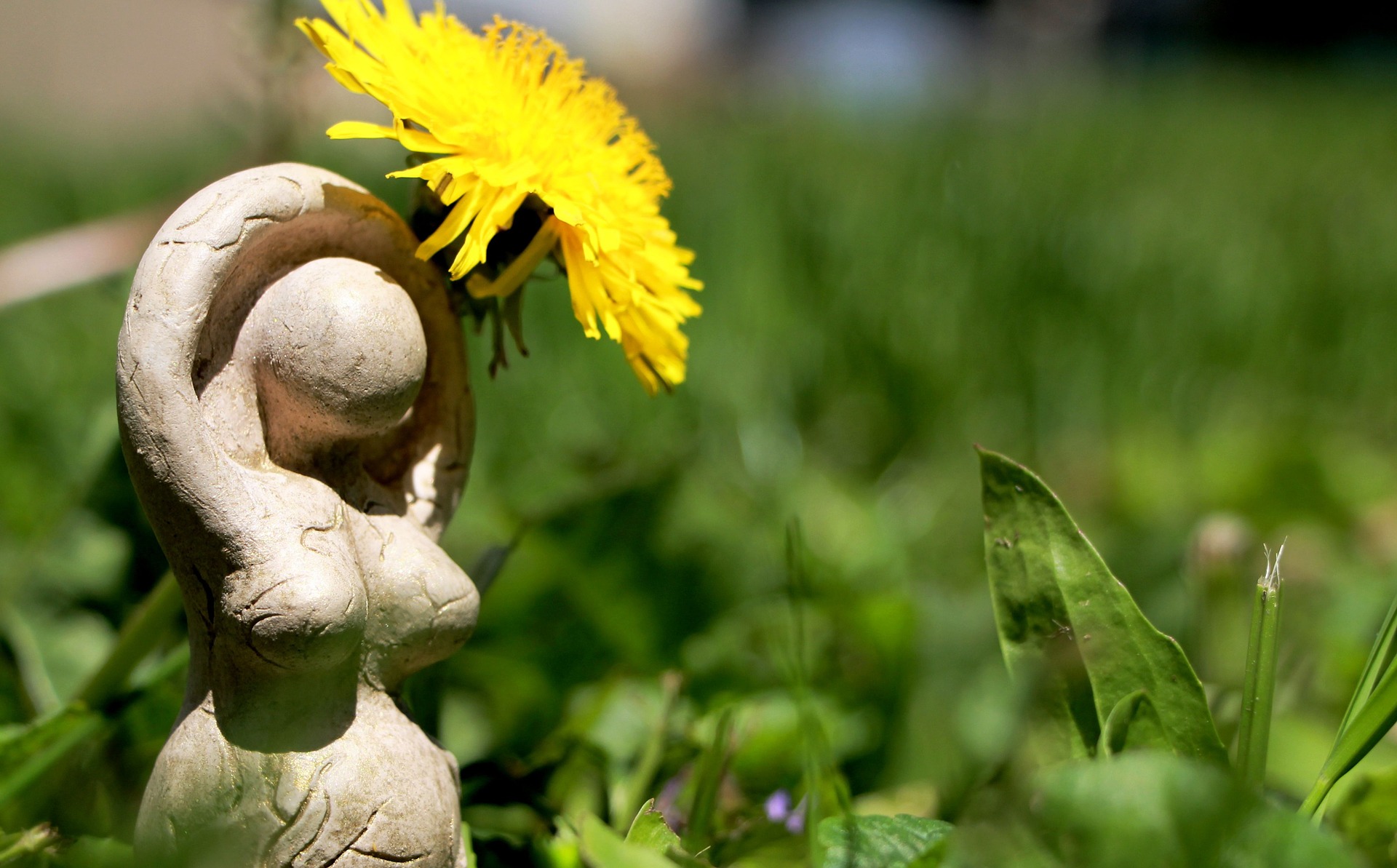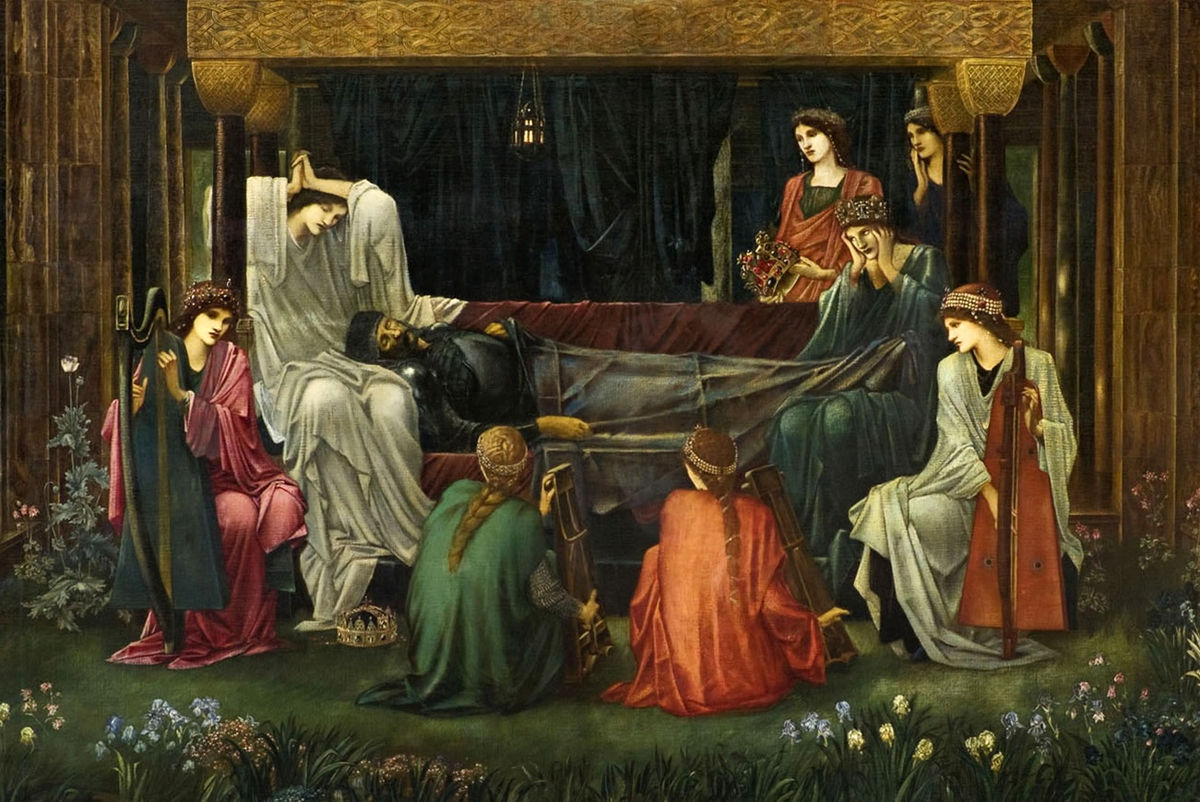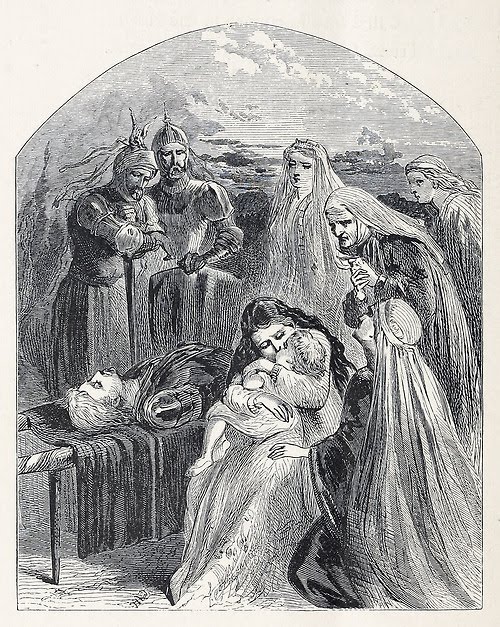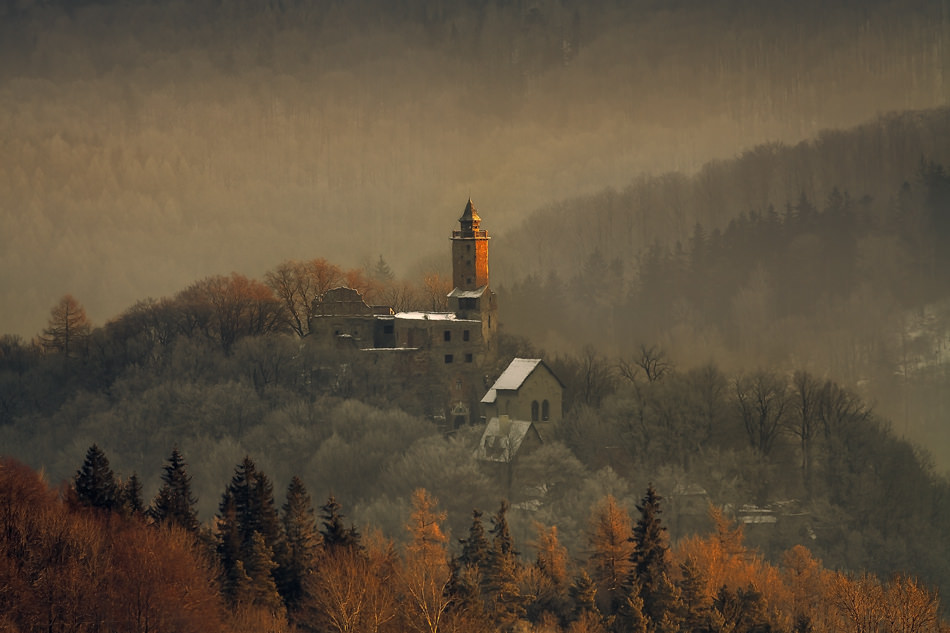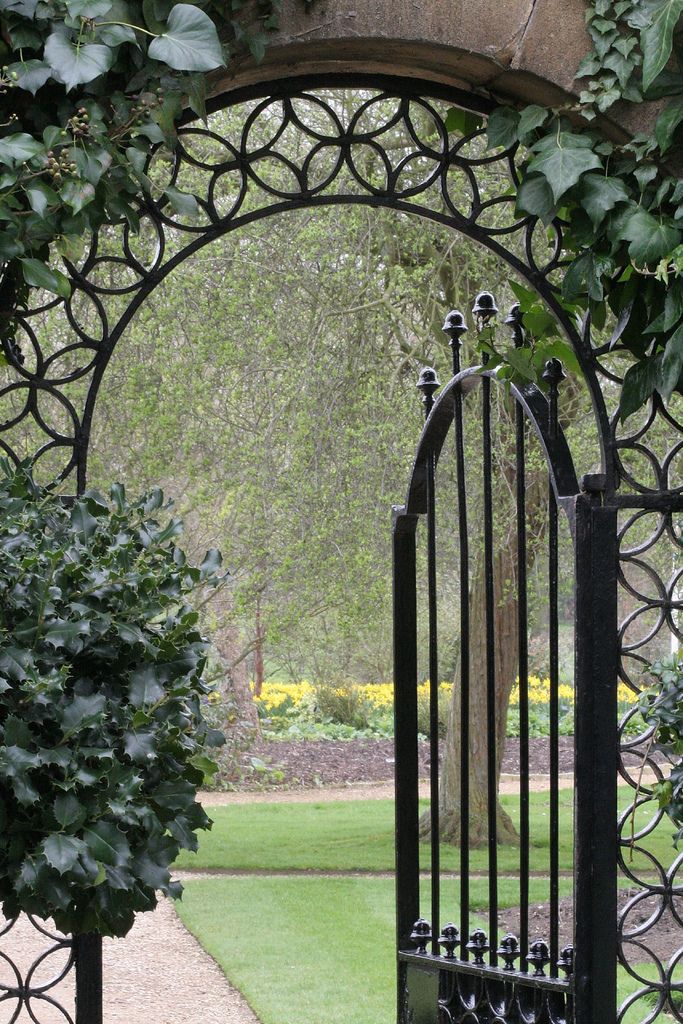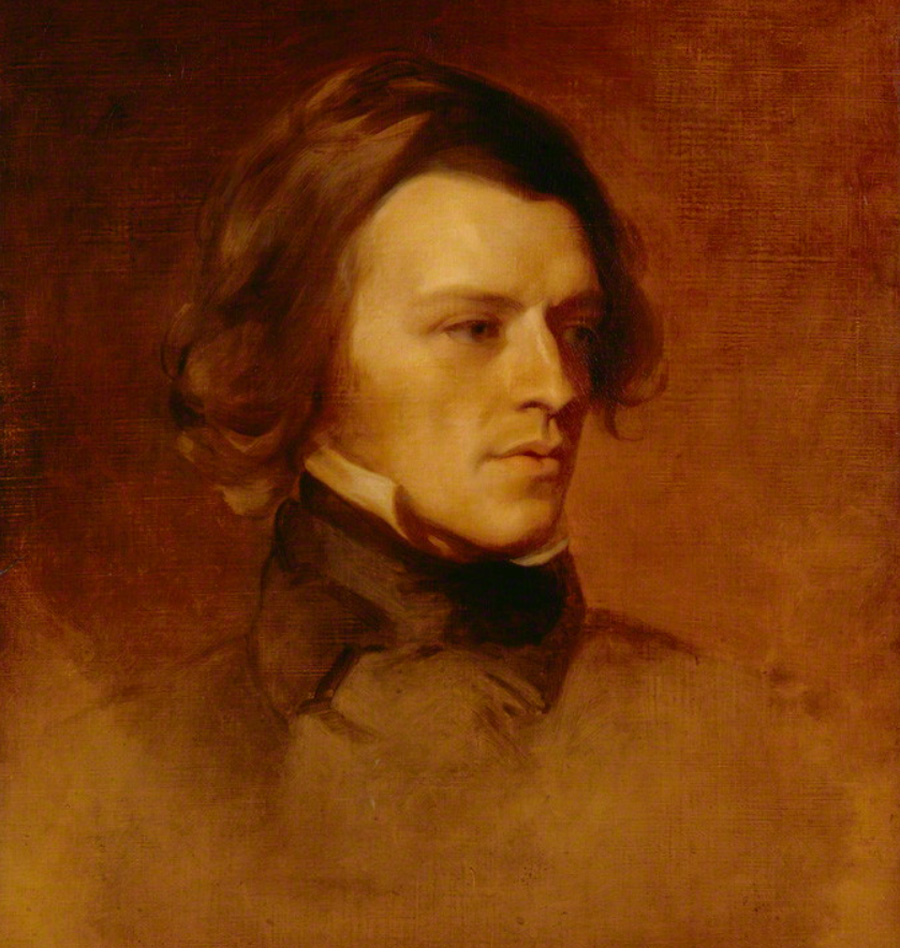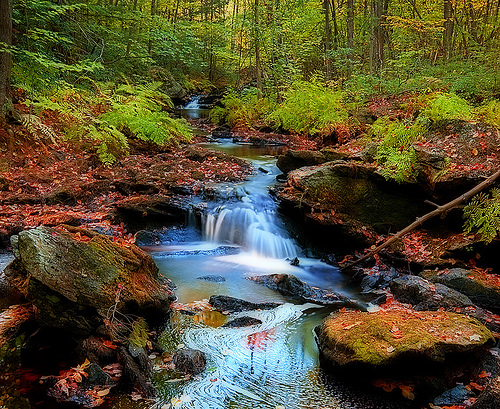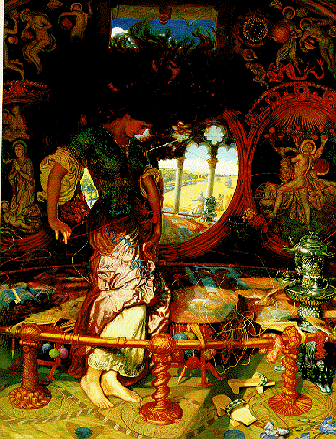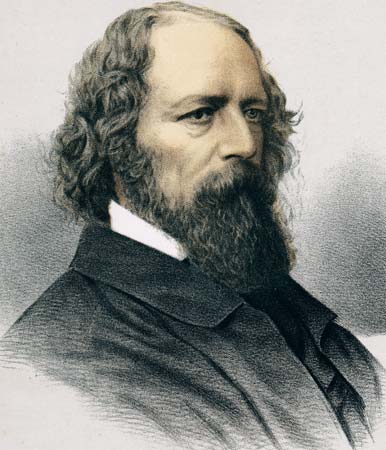”By an Evolutionist” is written by the English poet Alfred Lord Tennyson. Alfred Lord Tennyson was born in Somersby, England on August 6 1809, twenty years after the start of French Revolution & toward the end of Napoleonic Wars. He became the Poet Laureate upon the death of Wordsworth in 1850. The complex poem was written in the Victorian times & is strongly influenced by the romanticist movement. The reader can acknowledge the romanticism by the stunning imagery & how the poet beautifully portrays life. The poem draws its inspiration from The Evolutionary Theory proposed by Charles Darwin.
Poem Analysis ‘By an Evolutionist’ by Alfred Tennyson
writes this piece in an attempt to educate Victorian society into self-awareness to become a better version of themselves. The poet seeks to search for his purpose in life and help other’s find theirs, with the help of God’s values. The poem is engaged in a constant battle of good versus evil. This poem is divided into two major sections; the first section from the verse (1-9) which shows the speaker as a kid and a teen, and the second part which is from the verse (9-25) in which he vividly describes his aging. The poet strongly conveys his desire for self-conquering throughout the poem. To begin with, the poem starts with a dialogue between the “brute” and the “Lord.” It suggests that the lord is something similar to a superior person, maybe even God. In this case, God is offering a soul to a man whose body is of a brute at the beginning of time.
The brute in the sense that the man is “less human” or “un-evolved” having an inferior disposition. God then gives this soul to humanity so that they can “clean” it. Basically, humanity gets a chance to evolve or progress as species, similar to what the evolutionary theory proposes, where the man evolved from an ape to become what we know now as man. The brute is probably an ape in this sense. “I will let you a better” This verse is probably related to heaven, where God offers humanity the option of going to a better place if they “clean” their soul. The second stanza refers to actions done by humanity in general during their young lives. Men are more prone to falling into perversions like looseness, women or wine during their youth.
There is a division in this poem, the mention of “old age” suggests the conclusion about the evolution of mankind. After life is “done”, the speaker states that the wild starving beast that existed before has been satiated and does not exist anymore. This can be can be seen as the evolution of mankind, where the start was with a beast but now an important evolution can be appreciated. Finally, in the last stanza, there is a bittersweet type of conclusion by the poet “I have climbed to the snows of age” This line implies how the man has reached the very end of his life as he “reaches the snow.” The snow is the symbol of purity. As one gets older one arrives at the point of truth & is finally disillusioned with life. The climbing refers to the whole process of life, It is here associated with a mountain. After the life is finished we reach to the very top of that mountain laden with snow. From atop the man looks at the fields (the fields show all the moments that occurred in life) and reminisces them with a nostalgic mind.
It can be said that this poem is related with the Theory of Evolution & hence the title draws its name from these very lines. Although the poet was more likely an “Evolutionist” he was probably also religious. The reader can notice the interweaving of the theory of revolution with the religious notions. In this poem the attitude or mood of the poet is predominantly a melancholic one brimmed with nostalgia. There is not a defined rhyme pattern. One thing this poem has in abundance is the literary devices. The poet draws a lot of metaphors like “Snows of age” or “a better one.” The underlying message of the poem is how a human is given a choice to purify his soul by abstaining from the earthly pleasures.
Through this, he attains salvation & is rendered fit for going to heaven. But ma has an inherent weakness, he has a body of a brute & is more likely to make mistakes. Thus when he reaches the peak of his life he mournfully regrets the choice he made. The reference to or the whole underlying idea of the poem has more of a biblical undertone to it. It can be compared to the fall of the man or the “original sin.” When Adam & Eve went against God’s wishes and got banished to earth. The reader can draw a similarity between the ‘choice’ offered to Adam & Eve and to the “brute” by God.
‘By an Evolutionist’ by Alfred Tennyson Central Idea/Theme
The underlying theme of the poem is the progression of a man from a beast to human. How with the passage of time man transforms into a better version of themselves. The inherent idea of the “choice” between good or bad is ultimately up to us. The consequences in life vary according to the choices we make. A man is said to have been engaged in a brute’s body with a god given pristine soul. This stark difference in the two opposite forces marks the presence of both love & hate. More often man is likely to be drawn towards perversion or what is evil which lures him into delusion. This explains why attainment of salvation to humans is an arduous task. As a result of the weakness, man loses his sense of rational judgment thus getting bewildered in the midst of the path to heaven. It is only in the very end when a man reaches the peak of his life realization strikes him.
The poignant realization leaves him melancholic regretting over the choices he made in his life. He thus failed God in the sense he was not able to keep his soul “clean” from the filth of the world. In the end, he finds his soul marred with filth & his failure to have cleansed it is his only regret. The poem delivers a strong message through its verses. It imparts the lesson of making a good choice in life & not giving into temporary indulgence. Life is far more beautiful & with a God-given soul to guide us we must always attempt to do our best. If we remain true to God & ourselves we shall obtain salvation. We must do good deeds & in doing so we shall find our path towards heaven.
Some online learning platforms provide certifications, while others are designed to simply grow your skills in your personal and professional life. Including Masterclass and Coursera, here are our recommendations for the best online learning platforms you can sign up for today.
The 7 Best Online Learning Platforms of 2022
- Best Overall: Coursera
- Best for Niche Topics: Udemy
- Best for Creative Fields: Skillshare
- Best for Celebrity Lessons: MasterClass
- Best for STEM: EdX
- Best for Career Building: Udacity
- Best for Data Learning: Pluralsight
